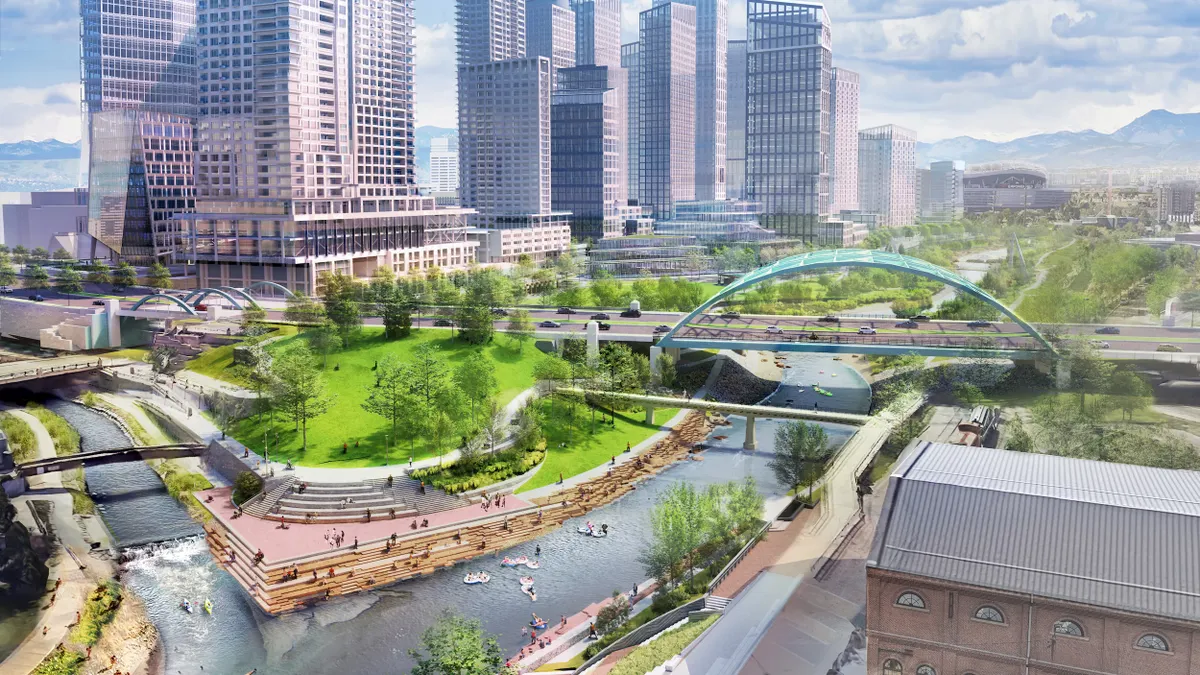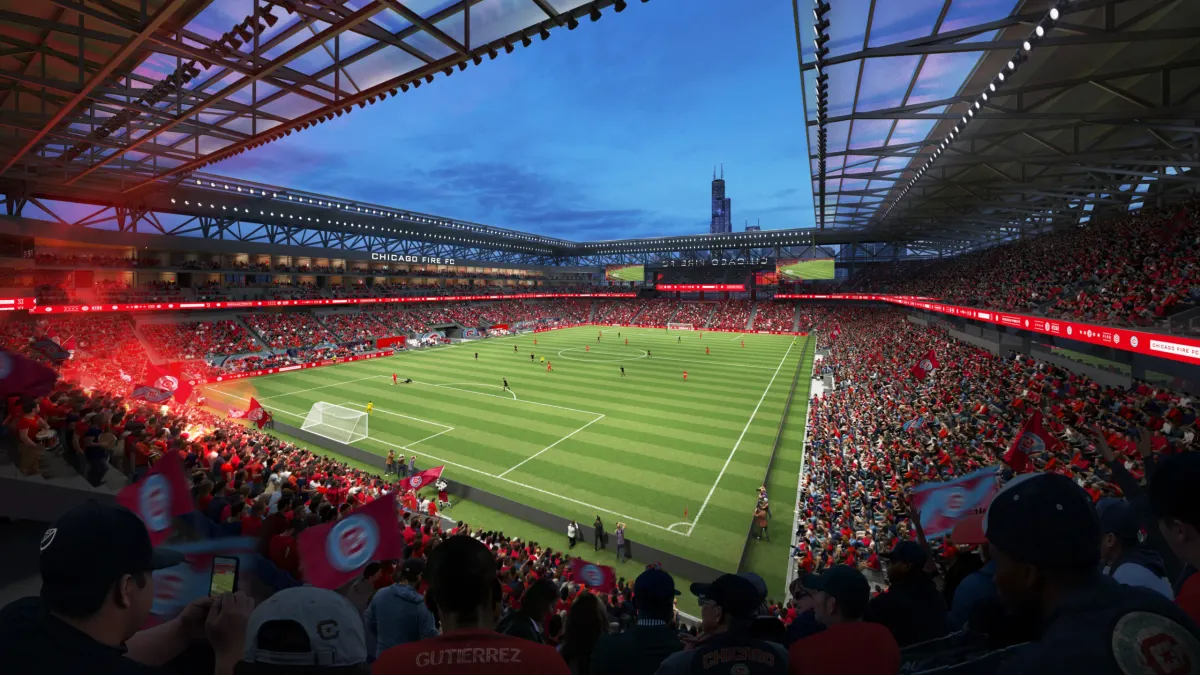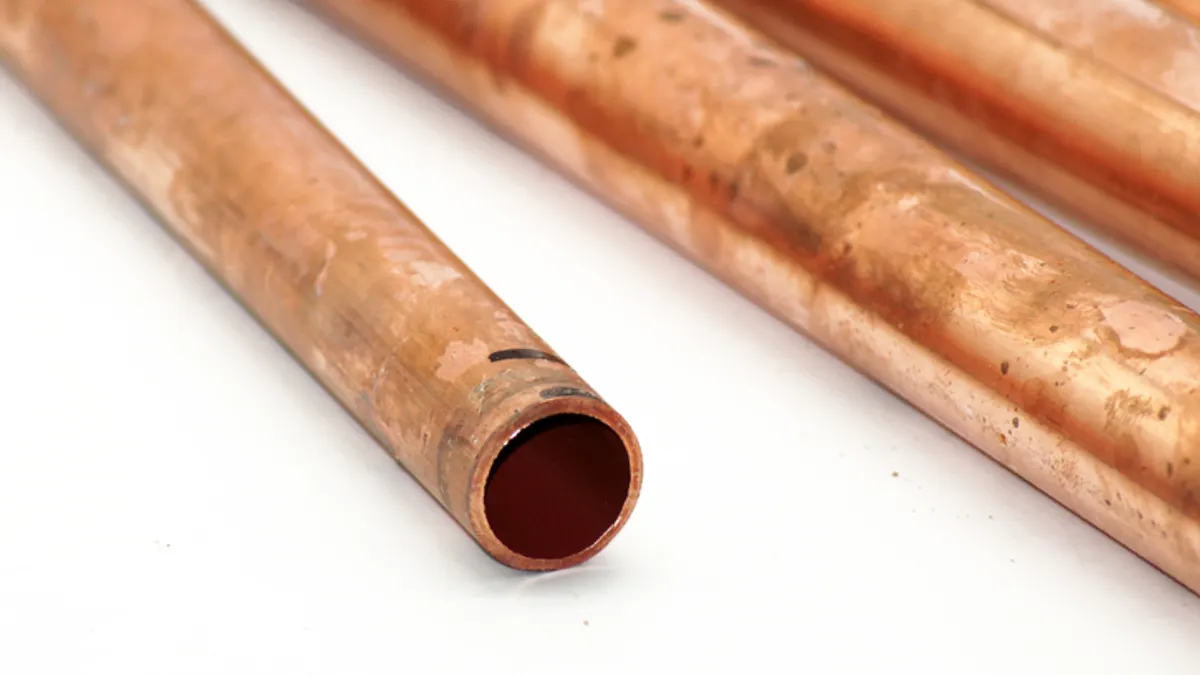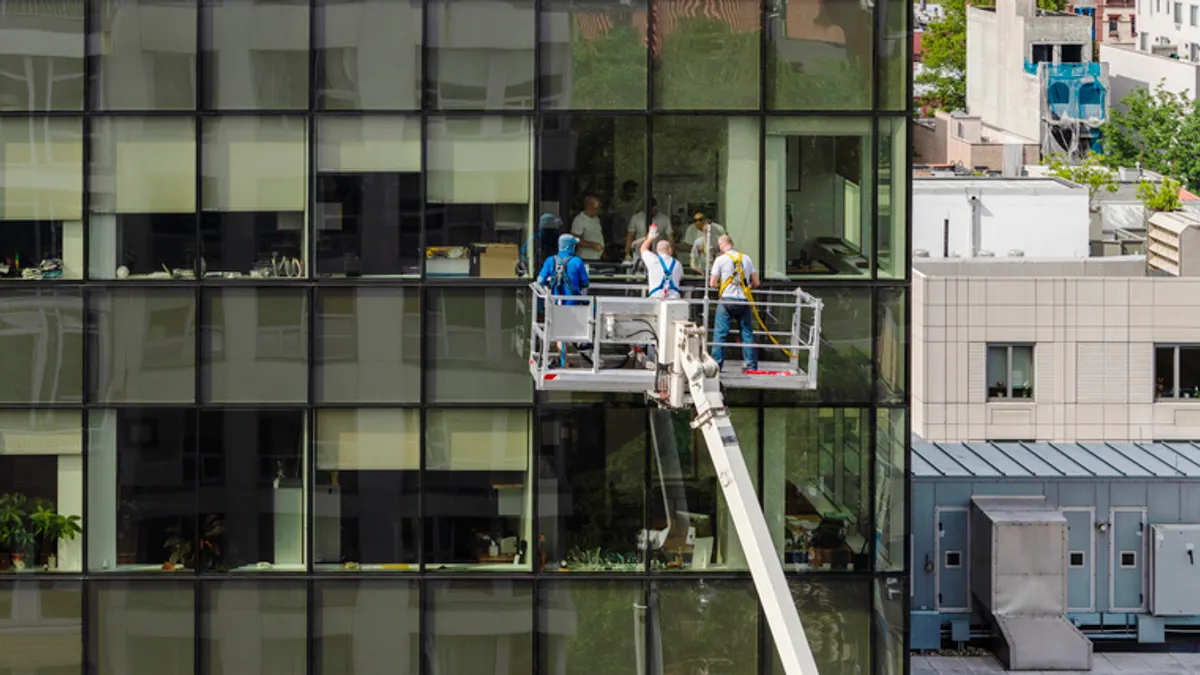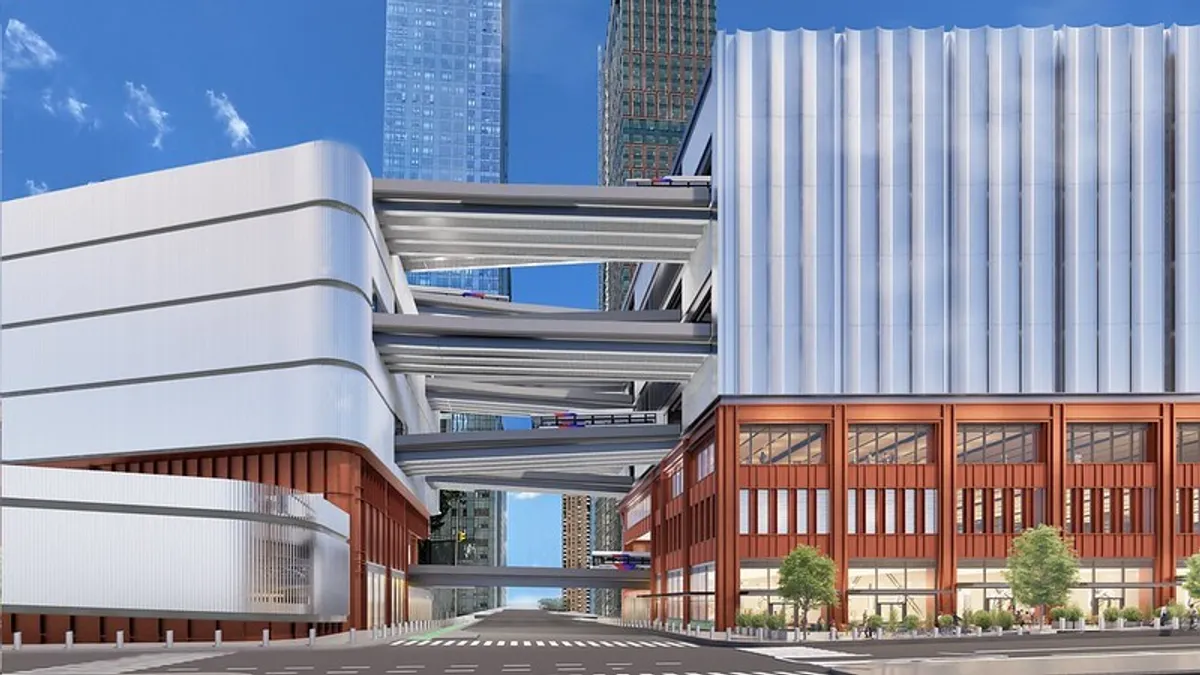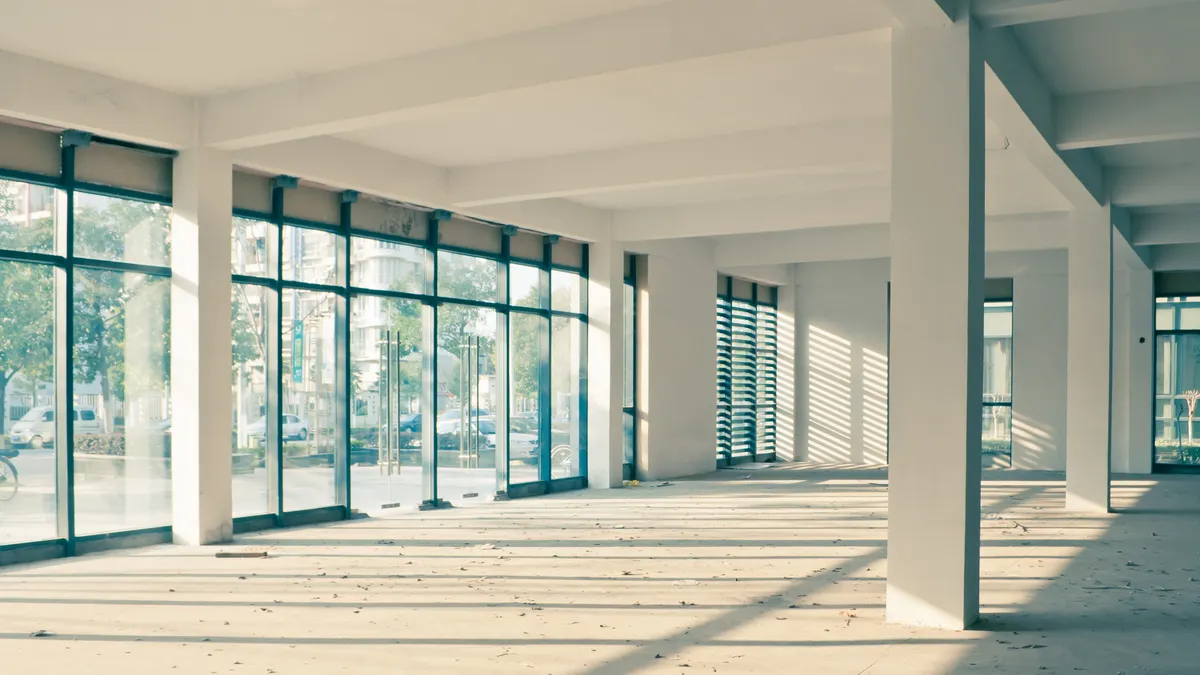The South Platte River runs through the heart of Denver, but for much of the city’s history, it has been ignored and abused. The river was the catalyst for the city’s founding in 1858 after gold was discovered along its banks, but it was too shallow for navigation, pushing Denver to develop around the railroad station instead. In the 1940s and 1950s, I-25 cut a path through Denver, requiring substantial infrastructure along the river that constrained its natural floodplain, hampered its flow and turned it into a dumping ground for industrial waste and storm runoff.
Today, city officials and a prominent developer are mining the river for a different kind of gold — real estate — with the River Mile project, 62 acres centered around a mile of reclaimed riverfront and “a river made whole again,” according to the project’s website.
Kroenke Sports & Entertainment, which also owns the Denver Nuggets and the Colorado Avalanche, is partnering with The Downtown Denver Partnership and The Greenway Foundation to develop River Mile, one piece of a redevelopment that includes the 2014 renovation of Denver’s Union Station and new entertainment districts around the city’s sports stadiums.
River Mile will include retail, high-rise residential buildings and entertainment venues built along narrow, walkable streets along a stretch of river that sits in the region’s 100-year floodplain. This level of development, for years considered far too risky, is made possible because of an ambitious reworking of the South Platte, with new parks, restored wildlife habitats and enhanced wetlands that will filter stormwater. The river itself will be narrowed and deepened, and a whitewater recreation feature will naturally flush away sand.
The South Platte serves as the “heart and soul” of River Mile, said Ben Murphy, a civil engineer and project manager at Calibre Engineering and the lead engineer on the river restoration. Reclaiming the riverfront made the project more expensive than funneling the river through a concrete channel — standard operating procedure for urban flood control — would have been, he said. But the development team agreed that “the benefit you get from that — the uplift in the park space, the open space, the greenery — outweighs the cost.”
Calibre constructed wetlands along the riverbanks to slow and treat runoff from 36 stormwater outfalls that once dumped water from roads and sidewalks directly into the river, Murphy said. Bringing back native species along the banks will also make the entire area more resilient when flooding occurs, said Scott Shipley, Calibre’s whitewater division manager.
That proved to be one of the trickier aspects of the project.
Years ago, Denver removed all the coyote willows, fast-growing native shrubs that provide erosion control along the riverbanks, because debris was getting caught in their branches, creating a maintenance issue, Shipley said. “But if you actually think about it, that’s their point,” he said. “They’re stopping the trash from getting into the actual river.”
In fact, Murphy added, city officials initially didn’t want any trees at all along the riverbank because they could interfere with electrical transmission lines that run along the river. That was unacceptable for Murphy and Shipley. So, they found advocates within city government and Xcel Energy who helped convince city officials that “there are things to consider other than maintenance on infrastructure projects,” Murphy said.
“The initial reaction from the city staff on basically everything in the development was, what’s the maintenance burden going to be on the development and the city?” Murphy said. Changing that mindset was a matter of “bringing in the right people to have the right discussions,” Shipley said.
“In the end, we said, ‘Look, what’s the priority here for you guys? Is it maintenance or is it river health?’ And it was always river health,” Murphy said.
Murphy and Shipley are well aware that River Mile is but one small fix in a larger problem. Barriers to river health are prevalent both upstream and downstream of the project. But they believe it’s setting a standard for future restoration — and in fact, it has already helped similar projects secure government funding, Murphy said.
Developments like River Mile aren’t easy, Murphy added, but the team behind River Mile chose to “do the more complicated, harder thing because it’s the right thing.”
“In the long run,” he said, “it’s a much, much bigger boon to the city and the citizens of Denver.”



